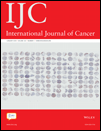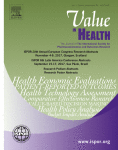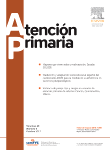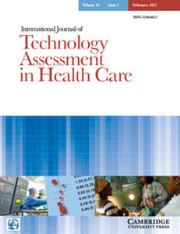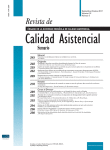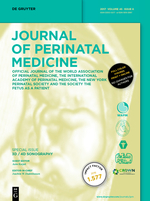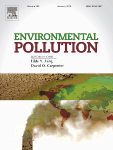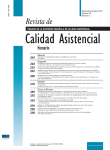Circulating concentrations of vitamin D in relation to pancreatic cancer risk in European populations
Evidence from in vivo, in vitro and ecological studies are suggestive of a protective effect of vitamin D against pancreatic cancer. However, this has not been confirmed by analytical epidemiological studies. We aimed to examine the association between pre-diagnostic circulating vitamin D concentrations and pancreatic cancer incidence in European populations. We conducted a pooled nested…



